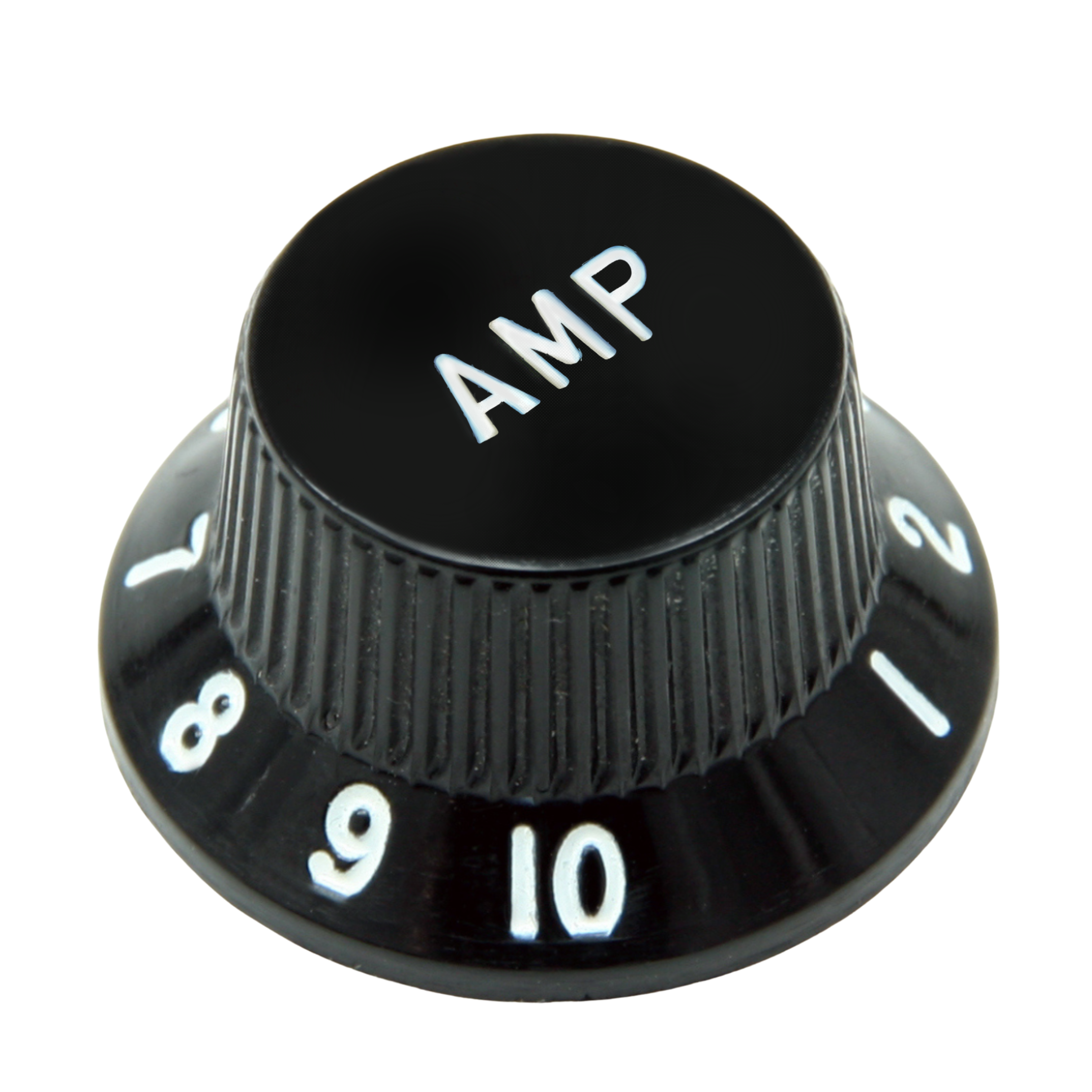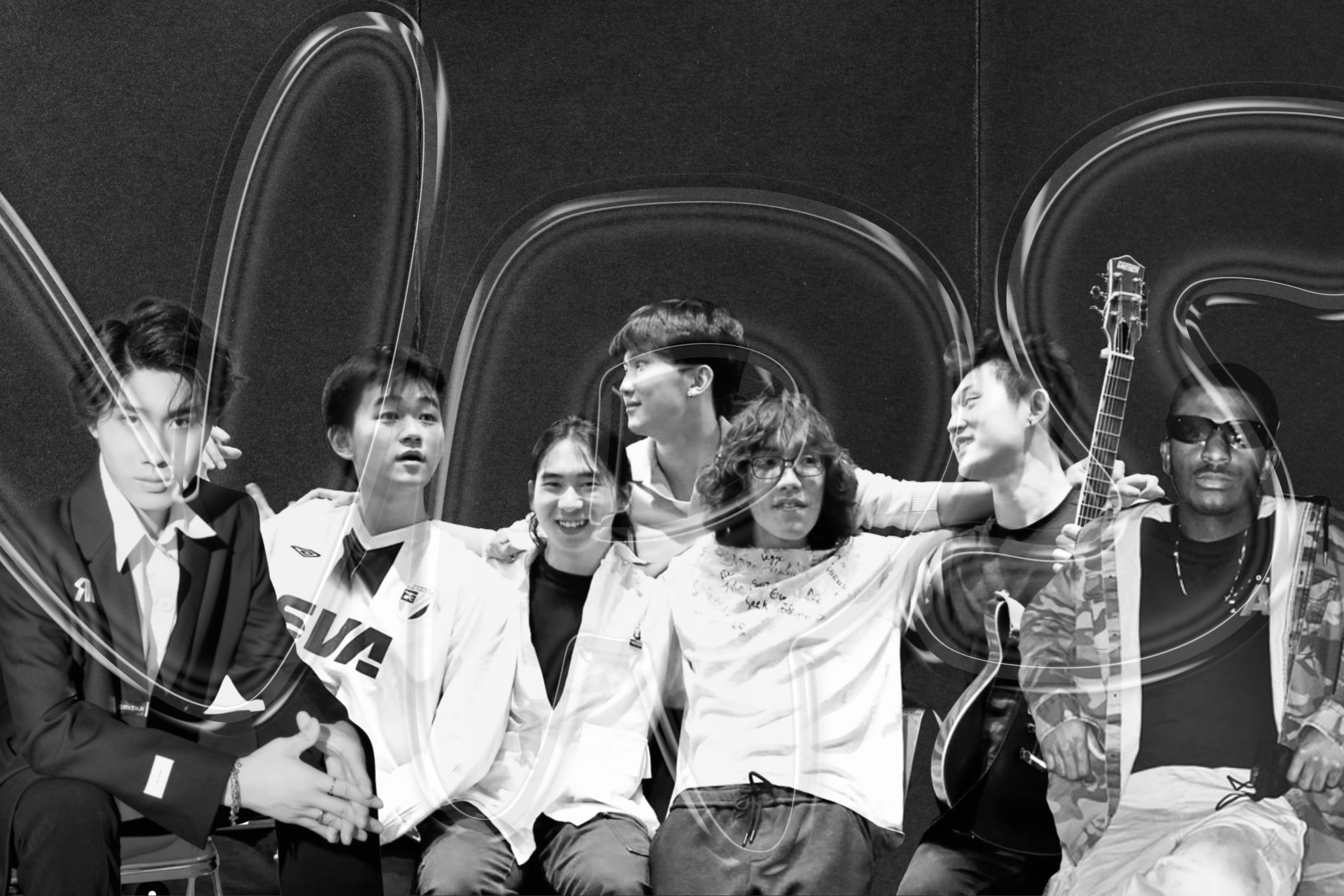Amidst Vanderbilt University’s sprawling campus, creativity is alive and thriving, fueled by the stories of its student artists. Regardless of differences, these artists—with unique perspectives shaped by cultural heritage, musical inspirations and personal journeys—come together in a shared avenue for collaboration: the Vanderbilt Recording Studio (VRS). I sat down with three such artists from the VRS to explore their paths, challenges and drives: Marco Fever, Joey Lau and Kevin Song.
Marco Fever
Marco Favigo, better known as Marco Fever, is a senior at Vanderbilt who creates music that straddles the boundaries of hip-hop, R&B and indie pop. This unique blend reflects his experiences in growing up surrounded by a constant thrum of music.
MF: I was born in New York but grew up in Haiti since I was three years old, where my uncle is the lead guitarist for one of the biggest bands called Music Music.
This part of his identity became only a part of the larger whole of influences as he entered the realm of American music.
MF: Artist-wise, I listen to so much music that sometimes I don’t even know where to get inspiration from. Production-wise, as basic as it is, early Kanye is definitely one [of my influences]…I pride myself in trying to make hip-hop beats while also incorporating aspects of pop, indie and R&B. Sometimes I’m listening to Adele and I’ll be like “I like the slower, more grandiose instrumentation in this. Let me add that…”
Outside of being a devoted student of popular music, Marco finds inspiration in the world around him: Anime soundtracks and the rhythmic nature of poetry taught in school. But putting this unique identity into actual music has remained an intensive process, one Marco has been developing since the height of the COVID-19 pandemic years.
MF: During the pandemic, I came across random YouTube videos about FL Studio and production. I started dabbling in it. Some friends of mine made beats and songs, and I don’t know if this is an ego thing, but I was like “If they could do it, I could probably do it too.” And so I started making it. COVID was maybe a blessing (and a curse) because I had a lot of time in my room to just experiment. I think if COVID never happened, I might not be in the recording studio right now.
MF: I’ve practiced freestyling a lot thanks to VRS, and until last year—when he graduated—I went to Julian Barreto’s open hours on Fridays, just freestyling every week. Honestly, I was very bad at it at first, but like any skill, you get better. You start knowing in your mind what rhymes with what already. I would just play instrumentals, freestyle to him [Barreto] and then that’s how most of my choruses started to come to me.
Joey Lau
Junior Joey Lau’s relationship with music began as a requirement: his family put him into music lessons as a toddler. Since then, he has evolved, developing a love for the art form while passionately exploring pop-rock alongside his band, The Deltamen.
JL: I’ve been playing piano since I was three, but I was around thirteen or fourteen when I started getting into writing music. There was this defining moment for me when a cover I did of “500 Miles” hit one million views on a Chinese website (it was kind of Alibaba’s music software). That was back in 2017 or 2018, and it made me realize I could reach people with my music.
Joey relies on an extensive array of musical sources. Inspired by Hall of Fame legends like Paul McCartney and Dire Straits, he also draws on the sonic works of Japanese city pop giants from the ‘80s and takes cues from modern acts like Coldplay.
JL: In high school, I would write to movies or plays that the theater club was doing. Anything that felt moving, really. Even now, I’m inspired by politics, real-life issues, and things that evoke emotion.
Though Joey’s genre of choice is pop-rock, he and his band believe music is more about the listener’s experience than strict definitions.
JL: If I had to define my intended audience, I think it’s the kind of people who spend time in vinyl shops. [We want to make] music that resonates deeply but doesn’t shy away from being experimental.
One of Joey’s recent songs, “Fragile,” was written in the wake of the tragic Covenant School shooting.
JL: That song came from a raw place. It’s about trying to process something that feels too big and painful to understand.
Joey credits Vanderbilt Recording Studio (VRS) as a major influence on his and The Deltamen’s creative process.
JL: In high school, I had this small interface where I’d plug in my guitar or keyboard and record with these tiny mics. It was so unprofessional, but it was a start. When I got to VRS, everything changed. Having access to good equipment and a community of supportive people makes all the difference.
Kevin Song
Kevin Song, known as KSONG, first stepped into the world of music during high school. What began as writing a song for his freshman class presidential campaign became so much more. The experience was a markedly defining moment for him, as it felt like a fresh challenge. He swiftly dove into collaboration; alongside a beat-making friend, his discography began to expand, and so did his passion for music. KSONG now thrives on the energy of live performances, in which he connects with his audience and confidently shows off his talents.
KS: The audience gives so much energy, and being able to perform on stage and feel confident—that’s one of the best parts for me.
A key influence for KSONG is his mother, who he describes as one of the most fearless, confident, and persistent people he knows. He notes that her example helped shape his own approach to life and music.
KS: She’s always been willing to push boundaries.
Artistically, KSong draws inspiration from a diverse range of artists. He admires the lyrical prowess of Eminem, the innovation of Kendrick Lamar, and the energy of Travis Scott. Additionally, he credits Chinese artist Li Jialong for expanding his perspective on hip-hop.
KS: Li Jialong helped bring hip-hop to a wider audience in China, and that really resonated with me.
KSong’s cultural roots are an essential part of his music, often reflected in his lyrics, which blend English and Chinese.
KS: I often include idioms or short poems from Chinese culture. I went to Chinese school, so I learned about it in an immersive way.
He also finds inspiration in life’s small details, often observing the world around him as a means for idea generation. If you’re willing to be open-minded in this way, creativity often comes from the unexpected, the overlooked. This focus on observation was reinforced by his experience in a songwriting class at the Blair School of Music.
KS: One of the activities Professor Deanna Walker had us do was: to come up with a song title, and then create three completely different storylines for it.
The themes in KSONG’s music frequently return to empowerment and self-realization.
KS: One thing I’ve learned is to realize your own worth, to understand that everyone has value.
This concept of self-discovery is central to his songs, such as “Midas Touch,” where he encourages listeners to find and embrace their individual talents.
KS: For me, the “Midas Touch” represents my talent in music, but for others, it could be something different—art, writing, or even research. It’s about discovering what you’re good at and using that.
One memorable event in KSONG’s career was his performance at the most recent Fall for the Arts during Vanderbilt’s Parent Weekend. He reflects on it fondly as “a chance to show what I’d been working on all year.” He also enjoys participating in critique nights at the Vanderbilt Recording Studio (VRS), where he receives constructive feedback from fellow artists and board members like Marco Fever and Joey Lau.
Consider getting involved with Vanderbilt Recording Studio as a supporter or musician. They can be found on Instagram @vanderbiltrecordingstudio, and also have community and studio resources available here: VRS Linktree.
Hear out these three VRS musicians: Marco Fever, Joey Lau (The Deltamen) and KSong.

